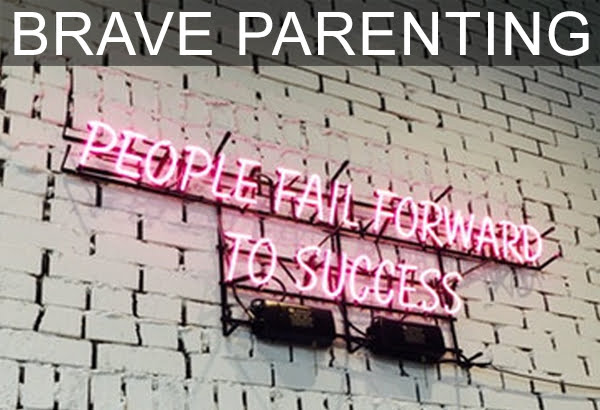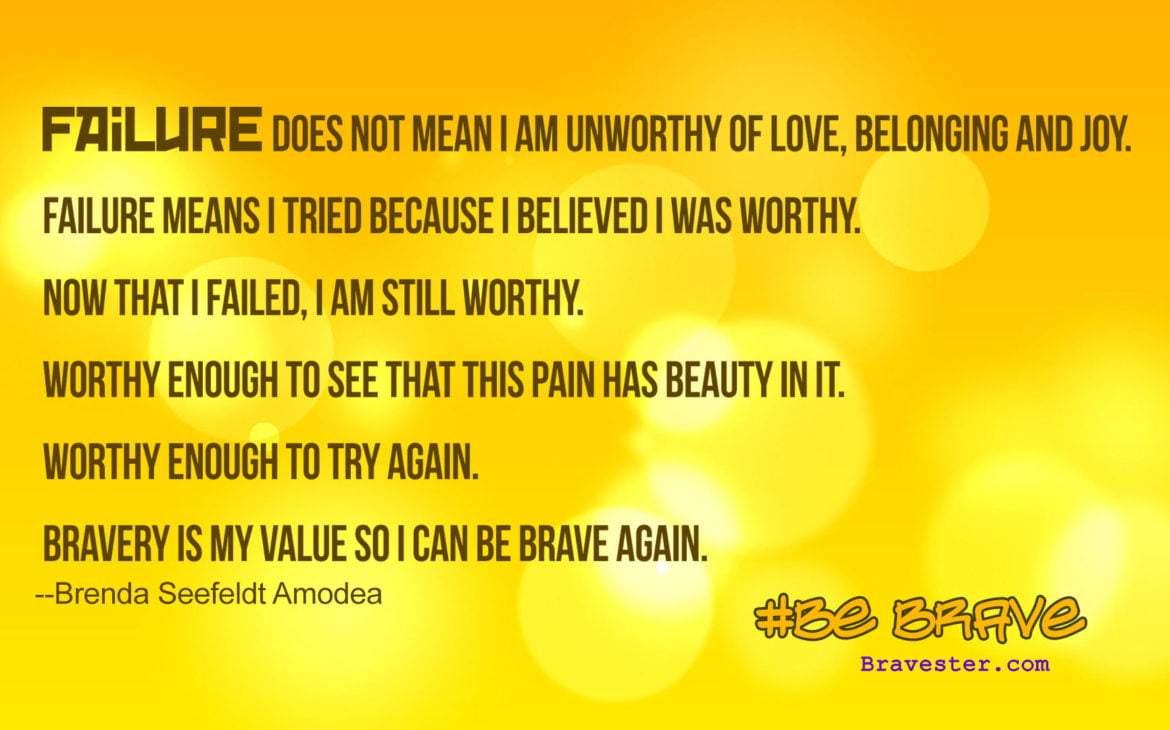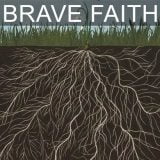Failure is Survivable, Especially While They are Minors

High school life is really a bubble. It’s its own world tucked away from the real world. It is an entire existence, an entire culture, that has little to do with real life.
Yes, it is all about preparing adolescents for adulthood but the culture, or subculture, has overtaken. Watch any sophomore learn and strain to learn a geometric formula, struggle to get that earned C, and never have a use for it again. Or watch a junior girl spend hours (and too much money) for a prom date with a guy she’s “just friends” with only to have no conversation at dinner and a few dances at the prom and think this was a grown up experience. Or checkout the friends they have and are loyal to, often to the point of breaking the law, but who do not become groomsmen and bridesmaids at their weddings.
Teens do experience real life. Pregnancies, addictions, and empty homes are experiences all too real for teens. So real they affect them for the rest of their lives. The effects are so large because that bubble burst.
Bubbles are good for protection. A safe environment to learn that geometric formula just in case its use ever comes up in the future. (School is supposed to be stressful, by the way.) A safe environment to ease into adulthood responsibility. This is why the laws of the land protect minors.
You want to take opportunity with these years to teach the important lesson that failure is survivable. That failure is not a definer of you. That failure is a part of success.
Before failure becomes a felony. Before failure costs a college scholarship. Before failure is the first marriage ending in divorce. (I purposely created a little fear there.)
Failure bursts that bubble. Failure is uncomfortable. Failure hurts. Failure causes tears. Your teen feels this. You do too.
Despite the pain, your teen needs to feel the consequences of that situation, of what led to the failure. It is all survivable in these protected years.
If your beloved chooses not to study enough and he/she gets a failing grade, that’s the natural consequence for that behavior. If your teen forgets to get the oil changed in his/her car and loses the engine, that’s the natural consequence for that behavior. (Though part of that consequence is you having to drive your teen again. You are inconvenienced. Part of that consequence is you reminding your teen of that.)
If your teen chose a bad boyfriend who hit her, you don’t want her to have that natural consequence. Somewhere earlier there was a natural consequence she could have learned from failure to prevent her from choosing such a boyfriend. This is why you want your teen to learn failure from you and while still under your roof and your influence.
You want your teen to learn the right lessons when the natural consequences are relatively small. (Though the hurt doesn’t feel small.)
There are benefits to your teen feeling discomfort. Pain is the beginning here too. What I mean by discomfort is worry, fear, disappointment, and the experience of having consequences for your actions. Your teen should even feel the discomfort of your disappointment (this is not shame).
It is from this discomfort that your teen learns problem solving and coping skills. You get the privilege of teaching your beloved the right coping skills.
It is from this discomfort that your teen learns grit and the power that grit will have for the rest of his/her life.
It is from this discomfort that your teen learns to not fear failure.
It is from this discomfort that your teen learns the joy of overcoming. That is a great quality to have.
When you shield your teen from discomfort, he/she learns that he/she should never have to feel any discomfort in life. As a result, your teen develops a false sense of entitlement. The bubble grows.
When you are in discomfort because of your teen’s choices it causes you to try to change the actions of the people around your teen so he/she doesn’t have to face the natural consequences. I understand. It may be easier for you to fight with your teen’s teacher or your teen’s other parent than it is for you to fight with your teen. But your teen will learn the wrong lesson.
The painful truth is, as parents, you step in to not necessarily fix the problem but to help you feel better.
When is your teen going to learn to deal with ineffective teachers? When is your teen going to learn to deal with injustice or unfair bosses? Which one is an easier lesson to learn?
Your teen needs to learn that failure is survivable and growable and that grit is a strength. And your teen needs to learn this while still under your roof and your influence.
Failure is not the end of the world. It’s not the end of your world either.
Failure is a lesson. Failure is a gauge of how your teen is doing. Failure is an opportunity to make some changes. Failure teaches problem solving—a very necessary life skill. The problems to solve when your teen is a minor are so much easier to solve! (Though the hurt doesn’t feel small.)
You need to also learn that you have not failed. You have not failed your teen. You are not a failure as a parent. Your teen is learning life. Your teen will survive just fine. (So will you.)
Failing is a task. It is not a definer of a person.
Life is naturally full of failures, even for the most successful people. In fact, all successful people have failed. And tried again. It is a brave value.
Let’s twist this conversation into one more of the brave life your teen can have.
Your teen can do more than you think he/she can. He/she is God’s creation after all, born with a purpose. Imagine what your teen would try if he/she was not afraid to fail?
Imagine what your teen would try if he/she was not afraid to fail?
Failure is survivable. It is not a definer. It is not the definer of you. Or your teen.
Make the brave decision to brave decision to brave decision (leaning on the Holy Spirit’s help each and every time!) to guide your beloved through failure. Now. When your beloved is a minor.
Imagine what your teen would try if he/she was not afraid to fail? Isn’t that the teen you want to raise?

(photo credit: Ian Kim, Unsplash.com)






Comments
Trackbacks & Pingbacks
[…] Failure will happen at some point. Failure does not mean you are unworthy of love and belonging. Failure means you tried because you believed you were worthy. We will teach you that failure is a life value because it means you tried. […]
[…] failure is survivable and a brave value, we then shout “hallelujah” when our child enters middle […]
[…] more we are willing to embrace the suck, the more new things someone is willing to try. This is why failure is survivable. This is not because trying new ever gets comfortable. We have just learned that this discomfort is […]
[…] the Millennials are now being called the “worry generation.” I’m sad that our teens are so afraid to fail and are anxious with […]
[…] Failure is Survivable, Especially While They are Minors […]
[…] Failure is Survivable, Especially While They are Minors […]